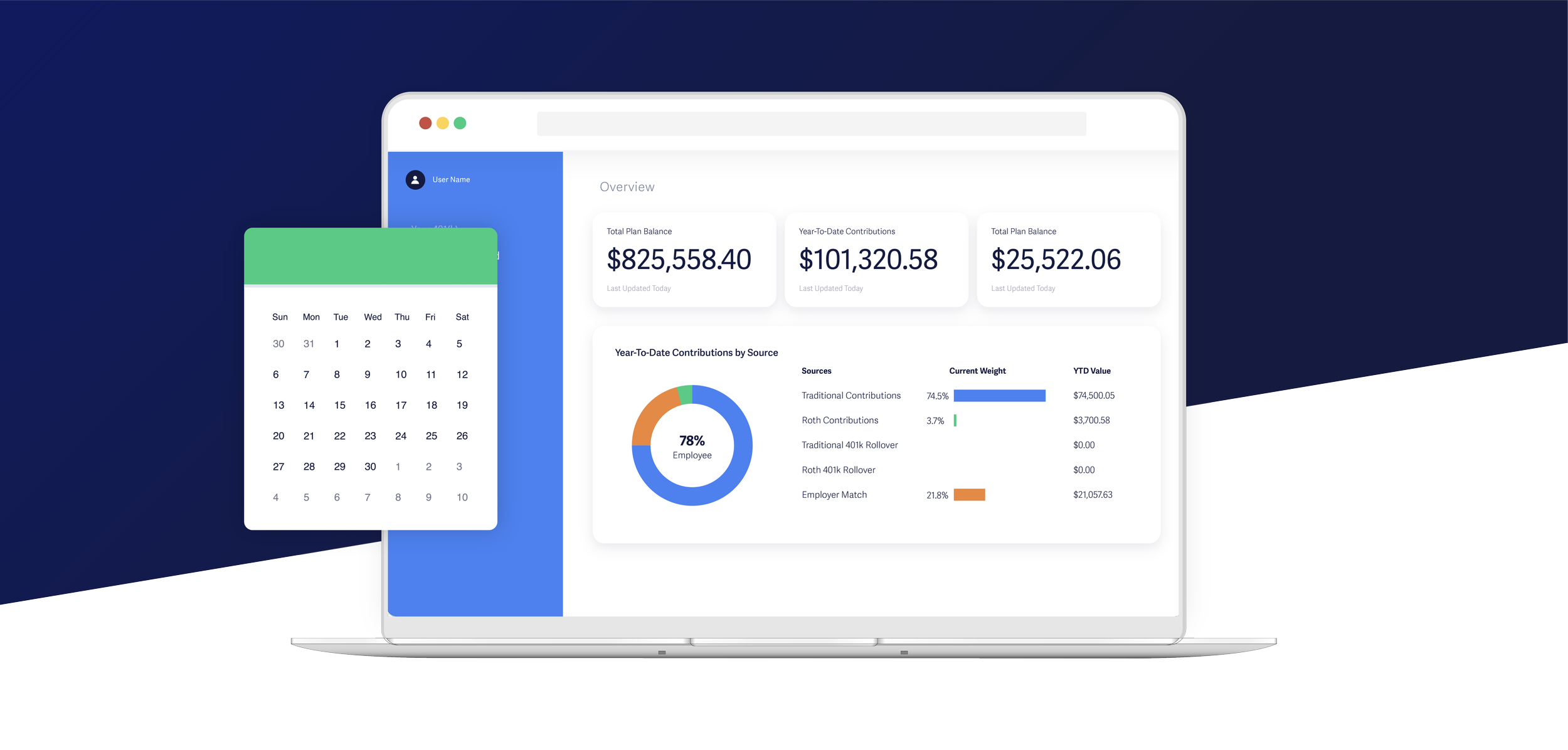7 Ways to Make Retirement More Affordable
Retirement is expensive. The Bureau of Labor Statistics recently revealed that average retiree expenses (in households led by someone aged 65+) total over $52,141 per year or about $4,345 per month. Unfortunately, this number only grows for those further away from retirement.
Thankfully, you can take various actions to ensure these expenses don’t become a source of stress in your golden years.
Delay collecting Social Security benefits
The age at which you begin to collect Social Security (as early as age 62) will determine your monthly benefit amount. Choosing to receive benefits before you reach full retirement age (when you are first entitled to full Social Security benefits) will spur a permanent reduction of your monthly benefit.
More specifically, it’s important to keep in mind that Social Security benefits increase by approximately 7% each year between age 62 and your full retirement age (followed by ~8% each year between your full retirement age and age 70).
To illustrate, let’s assume the full amount of your Social Security benefit is $1,000 a month—the amount you’d receive if you wait until your full retirement age. If you claim benefits at age 62, this will drop by approximately 30% to $700.
As you can see, collecting too early means you could miss out on thousands of dollars a year that can help cover healthcare expenses.
Avoid common Medicare mistakes
Medicare is extremely valuable for retirees, but beware of certain pitfalls you can encounter if you don’t plan ahead.
For example, you’ll need to enroll to obtain coverage. If you already receive Social Security benefits, Medicare will automatically enroll you. Otherwise, you’ll have a seven-month window to sign up for Medicare—the three months before you turn 65 until three months after your birthday. A failure to meet these deadlines can result in higher premiums, so make sure to read all about common Medicare mistakes here.
Consider catch-up contributions and HSAs
Perhaps you didn’t invest as much as you had hoped in the decades leading up to retirement. Thankfully, it’s not too late! Let’s say you are over the age of 50. In this case, you can make catch-up contributions: allowing you to increase your retirement funds by making additional contributions above standard limits to your 401(k), IRA, or other retirement accounts.
A health savings account (HSA) is another worthy investment to consider as you navigate retirement: allowing you to set aside money for medical expenses on a pre-tax basis and use the funds to pay for deductibles, copays, and other related costs.
HSAs boast several benefits, the largest being the absence of a deadline to use your funds. This means that any money left in your account at the end of each year rolls over and will remain in your account indefinitely until it is used.
Seek part-time work
Oftentimes, the best way to save money is to simply make more of it! You can do this by seeking part-time employment during retirement.
Working as a retiree in fact comes with many benefits: keeping you more active, engaged, and social while helping to cover living expenses and providing more ways to save. What’s more, you can choose from dozens of part-time jobs—many of which you can do from the comfort of your own home, if you prefer. From online tutoring to translating and e-commerce, you can explore a wide variety of relevant job opportunities as you navigate retirement.
Downsize your home
Downsizing your home is an obvious solution for reducing expenses and saving more during retirement, but remember: not all downsizing is good downsizing. You’ll thus want to dive into some research to determine whether the cost to do so is worth the trouble (chances are it is).
To downsize, you’ll first need to obtain an accurate valuation of your property. You can enlist the help of a real estate agent or experienced independent appraiser to do so: giving you a more precise estimate than anything you’d find online. After learning the value of your home, you can begin to explore smaller living options for an amount within your budget that allows you to save.
Pay off debt
Debt, for many retirees, is a constant source of stress. Carrying too much debt into retirement can place additional strain on your fixed income, and if you don’t get it under control, you might need to cut back and adjust the budget you’ve become so accustomed to over the years.
One of the smartest moves you can make regarding debt is to pay off your mortgage. Given that housing is the biggest monthly expense retirees incur, you could be in for some significant savings by paying this off more quickly and thus redirect your money to other retirement essentials. With one recent Harvard University report showing that nearly half of homeowners aged 65-79 are still paying off a mortgage, act sooner rather than later in this regard!
Plan for long-term care
A responsible retirement means planning how your future may affect your family’s future. Discussing long-term care options with your spouse and children is vital for making wise financial and related decisions regarding power of attorney and other legalities.
According to the U.S. Department of Health and Human Services, a person celebrating a 65th birthday today has an almost-70% chance of needing long-term care services in his or her remaining years; while an estimated 20% will require care for more than five years. Although individual situations differ—especially if you have a family history of illness at a young age—experts recommend obtaining a policy in your mid-to-late fifties to lock in a lower premium. Accounting for long-term care within your budget and retirement planning can reduce the brunt of the financial stress you and your family will face as you age.
In sum: final thoughts on making retirement more affordable
The truth is that a retirement lacking in preparation can induce feelings of anxiety that will only put a damper on this exciting stage of life if you’re not careful. To experience the full spectrum of emotional and physical benefits retirement has to offer, you’ll want to create a roadmap for how you plan to retire—from start to finish. The seven pathways discussed in this article provide a great start.
———
Vision Retirement is an independent registered advisor (RIA) firm headquartered in Ridgewood, New Jersey. Launched in 2006 to better help people prepare for retirement and feel more confident in their decision-making, our firm’s mission is to provide clients with clarity and guidance so they can enjoy a comfortable and stress-free retirement. To schedule a no-obligation consultation with one of our financial advisors, please click here.
Disclosures:
This document is a summary only and is not intended to provide specific advice or recommendations for any individual or business.







